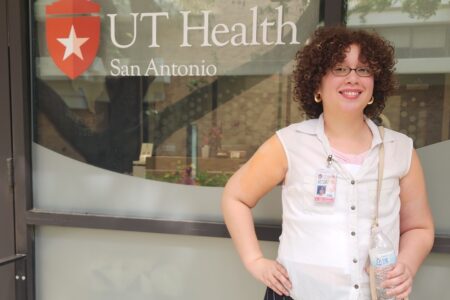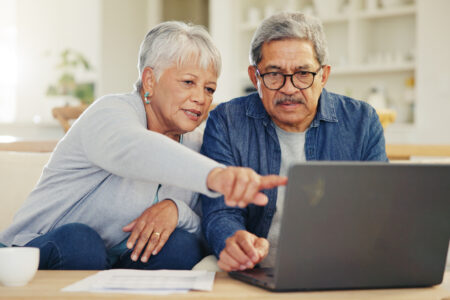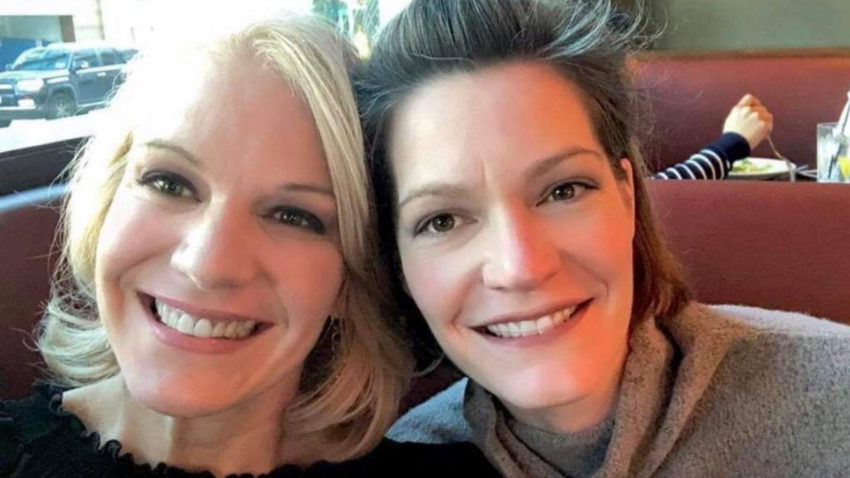
Share On Social!
By Jennifer Thomas
San Antonio, Texas, Cancer Survivor
I had just turned 39 when I reached over my shoulder to turn off a lamp, and in so doing, felt a funny “spot” on my breast.
Having no history of cancer in my family, I can’t say that was my first thought. But since it WAS October—Breast Cancer Awareness Month—I did call my husband into the living room to see if he felt it as well.
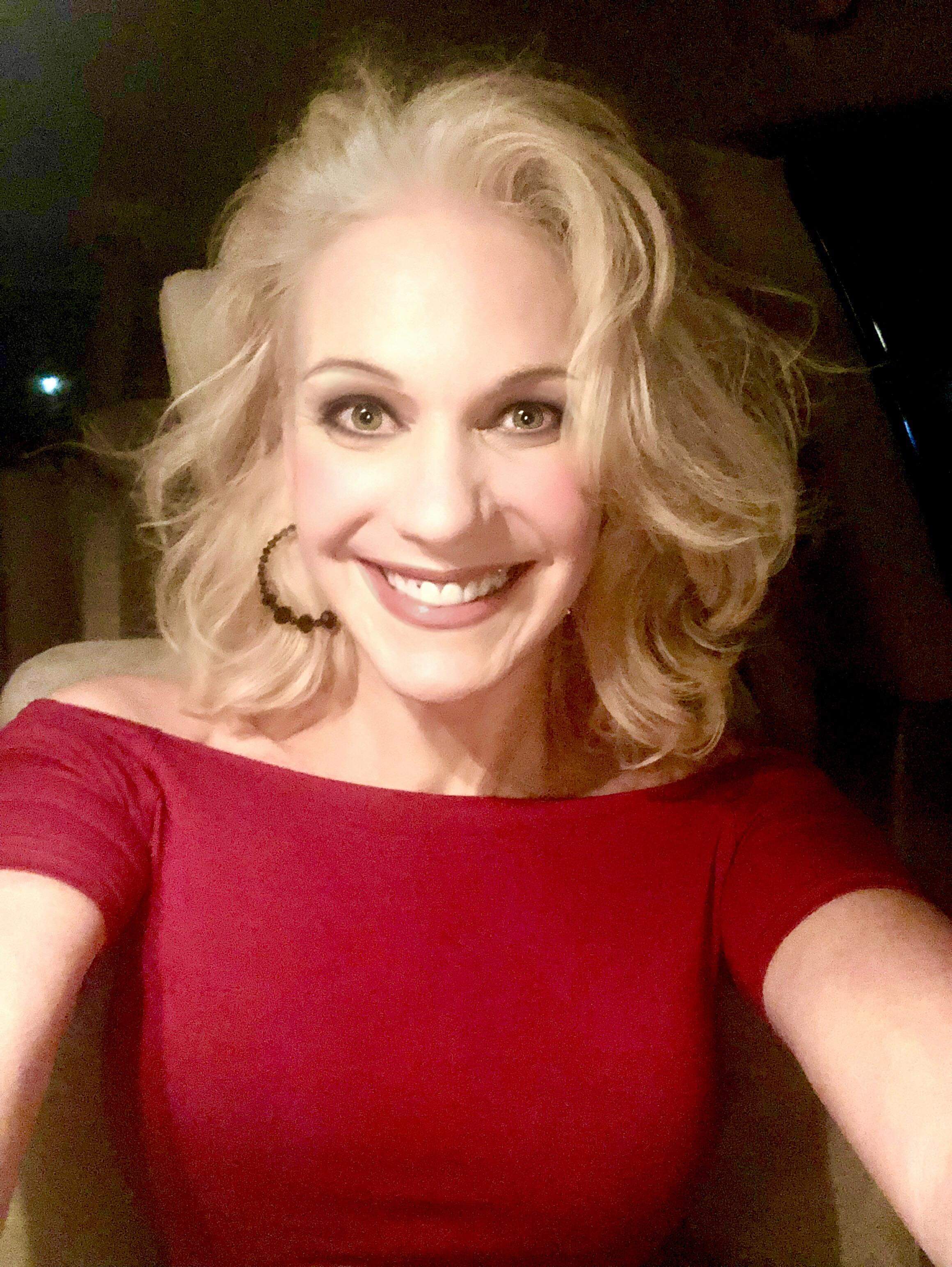
This was late January of 2006. Despite being told by everyone the spot was “probably nothing,” I got it checked out and was diagnosed with Stage 1 IDC, fast-growing (grade 3) by the first week of February.
I don’t remember getting a second opinion, doing any research, or even asking what my options were.
I just know that a week after being diagnosed, I was in surgery getting a lumpectomy, and my breast surgical oncologist was even younger than I was! In 2006, lumpectomies with radiation were the surgeries of choice. There was a pervading belief that breast cancer was always worse with a recurrence, so younger women were treated with as many weapons as possible to prevent this occurrence down the road.
Surgeries and Big Life Changes
So even though I didn’t have the most conservative surgery option (a mastectomy), I had the lumpectomy and re-excision surgeries along with 33 radiation treatments.
The arsenal of oncology weaponry at the time was dose-dense chemotherapy every other week—3 hour infusions of Taxol for a total of 13 infusions. That was a pretty heavy protocol for someone with Stage 1 cancer.
I then went on to have three reconstruction surgeries, completing the last one in December 2008, the month before I moved to San Antonio from my home in Dallas (January of 2009).
My husband had told me he wanted a divorce and had moved out of our home before my final reconstruction surgery in December.
Since my mother was coming up to help me move to San Antonio in January, I was on my own during the reconstruction phase of that final surgery. This was the worst time in my life thus far. The divorce was harder on me than the cancer!
I had already lost my seemingly perfect breasts and—in my opinion at the time—my looks. Now I was losing my husband and stepdaughters, my financial security, my home, even my health insurance!
During that January, I put all my furniture and beloved items I’d collected all over the world in storage, along with most of my clothes. I left my friends and my support network. I alternatively felt like a 12-year-old starting over in San Antonio and the oldest 42-year-old in the world.
The Ongoing Journey of Cancer Survival and Womanhood
Since I’d had a complete hysterectomy the year before (including having my ovaries removed), I was in full-blown menopause.
I still had residual weight from the steroids in my chemo. I felt ugly, abandoned, and terrified.
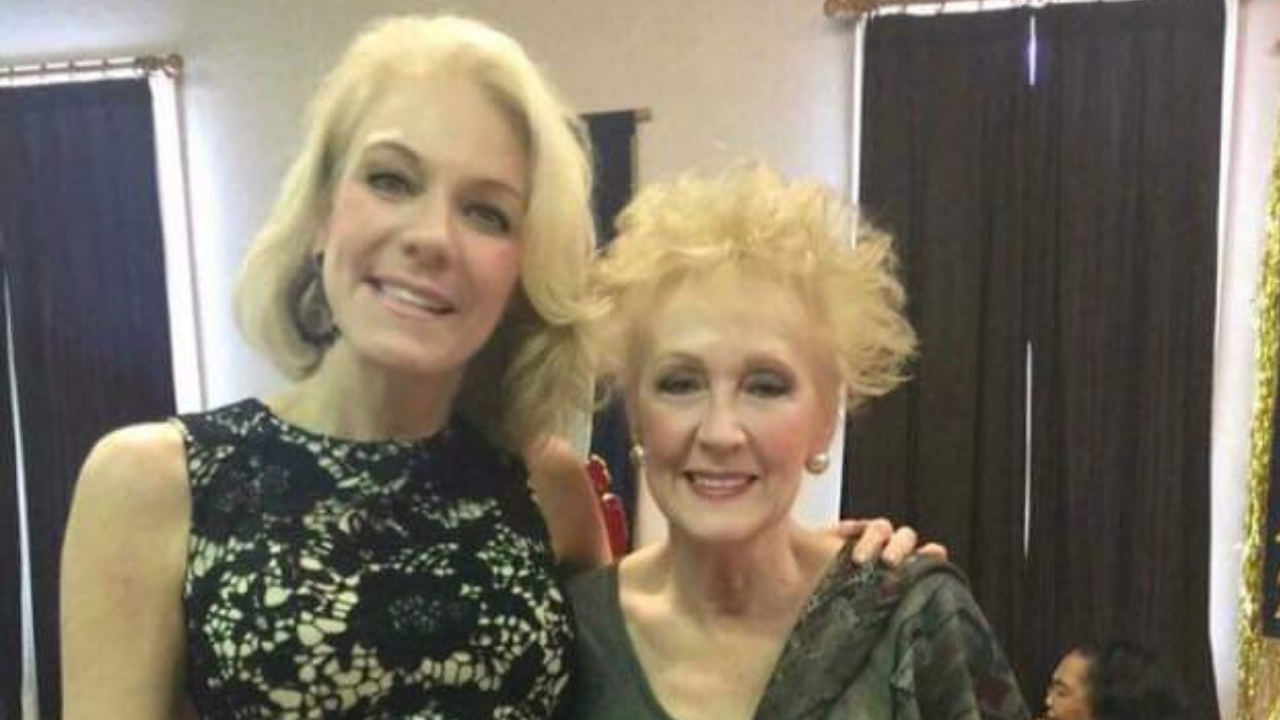
I literally had to start my entire life over. Slowly—SO slowly—I did that very thing. I had many setbacks, including a second bout with breast cancer in 2012. This time I had a double mastectomy with concurrent reconstruction.
I was 45 and I still felt like “damaged goods,” at least from a dating perspective. Ironically, however, my hair grew back with a vengeance, longer than ever before. The weight took years to lose, but lose it I did. I opted for smaller implants with this reconstruction, and I felt they made me look more like my original, pre-cancer self.
These changes didn’t make me feel more attractive to the opposite sex, but they did make me feel more attractive to MYSELF. And confidence can be very attractive.
‘What I Would Have Done Differently’
If I knew then what I know now, what I would have done differently is:
- NOT get a hysterectomy. The relationship between breast cancer and uterine cancer is minimal, and hysterectomy as a 40-year-old made ME feel less feminine.
- NOT get an oophorectomy (permanent menopause overnight is a huge change for a woman’s body, mind, mental acuity, sense of sexual identity…I have numerous reference articles referencing these topics).
- Menopause is tougher on thin women because any residual estrogen is stored in the fat cells.
- My chances of getting pregnant, no matter how high-tech the method, were permanently eliminated by this choice
- I wish I had at least kept a few options open by freezing my eggs. This is why I support the Texas Fertility Preservation Act.
- I wouldn’t have isolated so much because no one I knew (who was remotely close to my age) could relate to what I was going through.
The Good Side of a Breast Cancer Experience
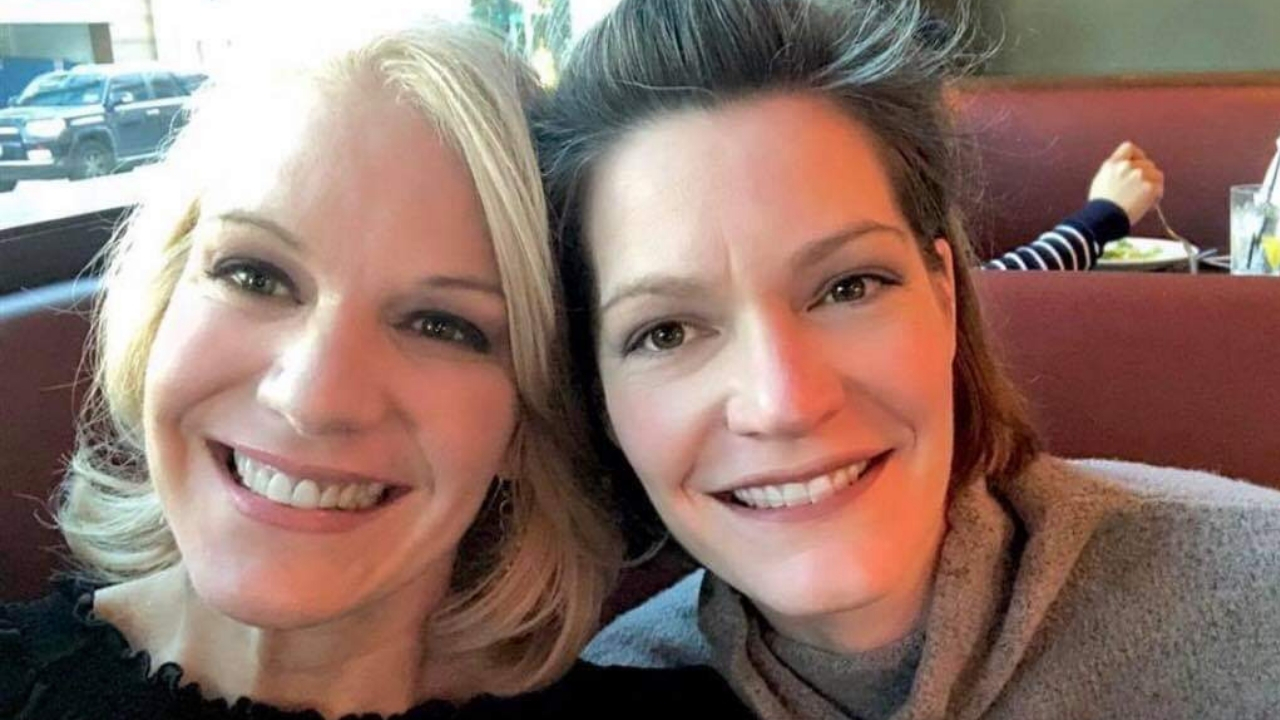
- I have gotten more involved in volunteer work and support groups. I’ve realized I have a lot to share with the breast cancer community, even if it’s just telling my story.
- I’m not as frightened of pain, disease, and loss. Not that I enjoy those things—that would be masochistic—but they’re not as terrifying as I once thought they were.
- God indeed gives us beauty for ashes—and I mean our hair grows back, we can still dazzle with our smiles, we can flirt and engage from a much deeper place—a place of empathy and caring and love towards others. Even “Big Bad Cancer” can’t steal our ability to sparkle radiantly and beautifully when we share this part of ourselves with others.
- And if all potential romantic partners see is a future with us is “health problems” or more illness ahead, we don’t need to surround ourselves with such people. It’s too easy to get depressed thinking about what we’ve already lost; let’s try to remember our blessings. There is always someone who is suffering more than we are. We need to learn who that person is and give him or her what we have to give—it might be just what he or she needs. We might not feel we have much to offer, but we can always listen.
And trust me: sincerely listening with care and concern when another is in pain and needs to have a good cry IS a LOVELY gift, a precious use of time, and a terribly underrated skill.
Read more survivor stories and news about breast cancer!
Editor’s Note: This is part of a series of guest blog posts from Breast Friends Forever (BFF) in San Antonio, Texas (64% Latino). BFF is a support group that enables young breast cancer survivors to share stories and experiences, developed by the Institute for Health Promotion Research at UT Health San Antonio (the team behind Salud America!) and Susan G. Komen San Antonio. Email BFF or Visit BFF on Facebook. The main image above features Jennifer Thomas of San Antonio (left), along with her sister.
Explore More:
Healthcare AccessBy The Numbers
142
Percent
Expected rise in Latino cancer cases in coming years


